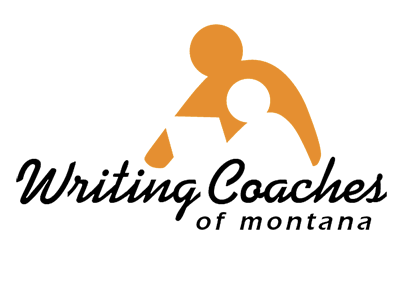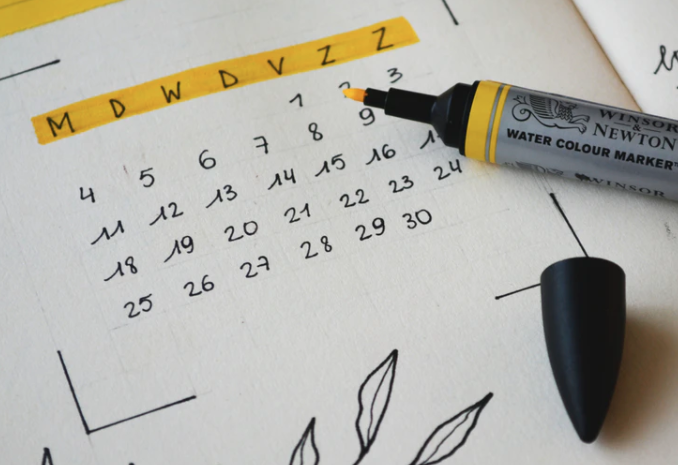Whenever a student comes to me for coaching, I feel like I'm about to open a package. Will I find inside a student who is excited about writing or leery of it? Will it be someone who would rather be left alone or one who is open to help? Being a writing coach can be a struggle at times, like last spring when we were trying to coach middle schoolers just before the end of school. Clearly, some had already “checked out.” Mostly, though, coaching is a delight. My first session this fall was one of those times.
I saw the teacher talking to a young man who had come in late. I’d noticed how he sat with his hooded sweatshirt pulled part way over his face, as if hiding from the world. Then another student came up to talk to him and the young man broke into the sweetest smile.
After coaching two other students, I looked up to see this one walking to my desk. I introduced myself, then I told him that I’d seen him across the room and that I loved the way he lit up when his friend came over. I hadn’t done something like that with other students, but I sensed that this student needed a compliment.
He hadn’t started his “My Hometown Hero” assignment yet, so we chose one of the teacher’s suggested tools, a mind map or “bubble,” to figure out what he wanted to say about his hero. I felt myself holding back from telling him what to do, then pushing him a little, then stepping back again. I wanted him to tell his story, but I could see he was struggling to find it.
There was some resistance and at one point I noticed he was focusing on anything other than the project and me. So I said, “I feel like you’re done with me.” He looked startled and asked what I meant. I explained that he seemed ready to go back to his desk and if so, that was OK. He told me that he just has a hard time focusing, but after that, he did the best work yet on finding his story. When we met again two days later for the second draft, he worked hard on expanding his essay. When I asked him for examples to back up his claims about his hero, he smiled when he realized he knew exactly what to write about.
We coaches play a different role from teachers, and that difference is why teachers choose us to come to their classrooms. The individual attention the other coaches and I can give helps the students find their stories. We question, we prod, we step back when there’s resistance, then we gently move in again, maybe by taking another tack. At each advance, when students find the words and the story they want to tell, we congratulate them. Finding their story is a big deal, and they deserve to have us acknowledge that.
Do I want to tell them what to do? Absolutely. So my challenge is to back off and just be their guide. And not just a guide, but a positive voice in a world where some kids don’t hear that enough.
--Sherry Ritter

